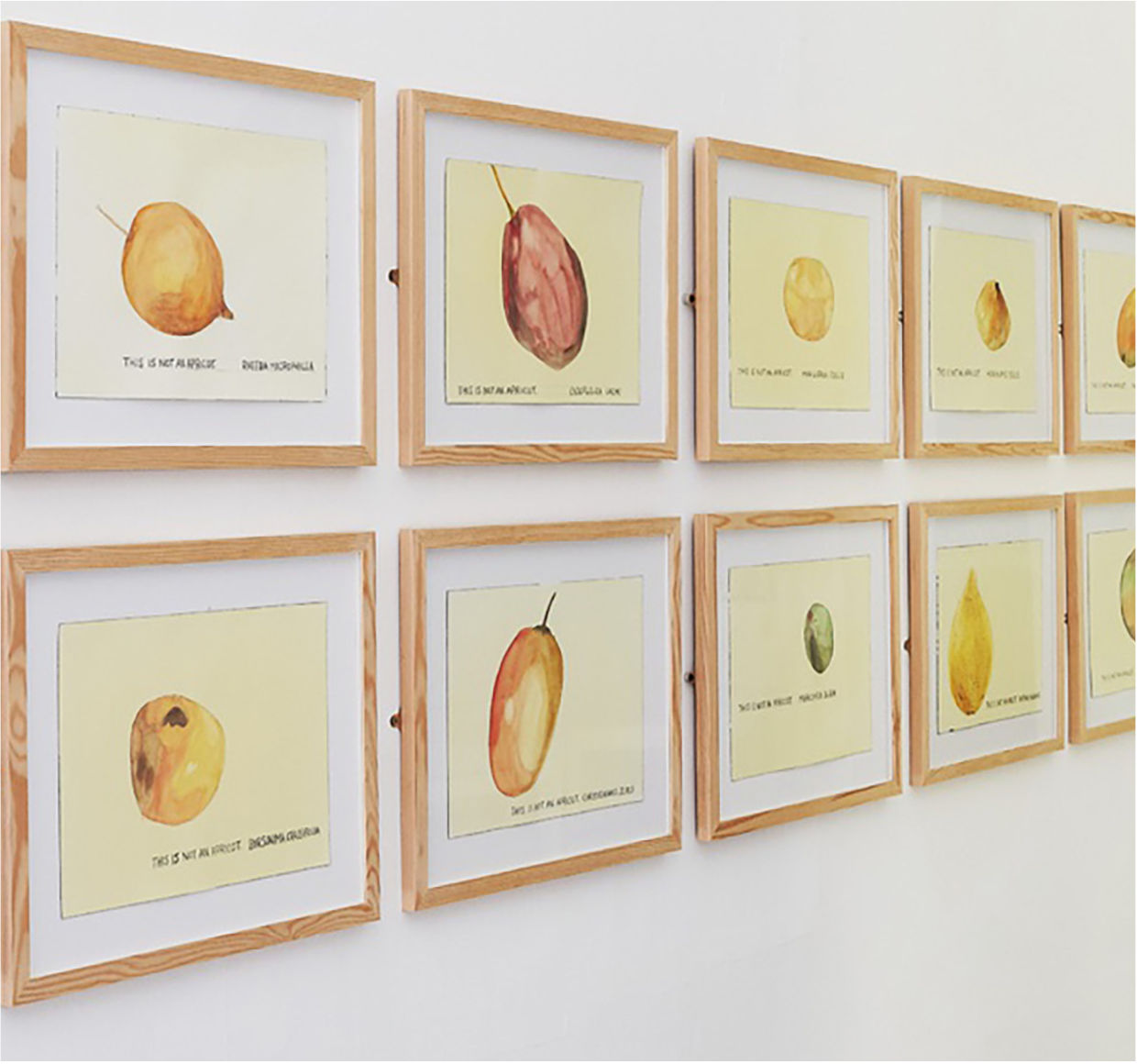Postcolonialism and discourse of knowledge in “This is not an Apricot” by Maria Thereza Alves
DOI:
https://doi.org/10.69598/sbjfa244633Keywords:
Postcolonial, discourse, knowledge, Maria Thereza AlvesAbstract
Knowledge gives definitions to physical and abstract objects. Thus, knowledge gives existences and becomes the power that controls the action and identity of the people. Colonialism extended the western influence over territories around the world. Similarly, western knowledge ruled the world and became the universal truth. However, this universal truth is western-centric and exclusively controlled by the West. Western knowledge gives power and an overly high opinion of the western cultures while suppressing and alienating other cultures. Maria Thereza Alves is a Brazilian artist. She played with the Western discourse of knowledge in many of her works. “This is not an Apricot” is one of them. In this work, the artist sees the Western knowledge of natural sciences as an issue. The work questions the state of knowledge, the process of constructing knowledge, the unrighteousness of the establishment of knowledge, and the impact of Western knowledge that establishes the West as the center of the world. Natural science is based on the structure, epistemology, and disciplines of the Western world. It is inevitably western-centric. The abstract system of the West reduces the diversity of truth and relies solely on the truth offered by knowledge. Nature and reality are replaced with the only truth that knowledge allows. Besides natural science, other fields faced the same fate. Since the West sees itself as the center and uses binary opposition, the western is superior and the alienated non-western is inferior. Western knowledge justified colonial operations and colonial discourses. The colonial discourses praise the West as the definition of superiority. Thus, Western knowledge became the more real, the more accurate, and the more universal. Knowledge acts as the discourse that emphasizes on the Western superiority and the alienation of the non-western. Other knowledge from the non-western is not considered to be real knowledge that is worth knowing. Non-western people are seen as not completely humans. They are strange and lacking. The paper aims to analyze a variety of powers related to knowledge by using the archaeological method to show how Western knowledge became a power. Western knowledge is considered to be an international standard that makes the West universally superior. Knowledge is therefore the power.
Downloads

Downloads
Published
How to Cite
Issue
Section
License
The journal's editorial team does not have to agree with the views and comments in the author's article, nor are they responsible for the comments.











